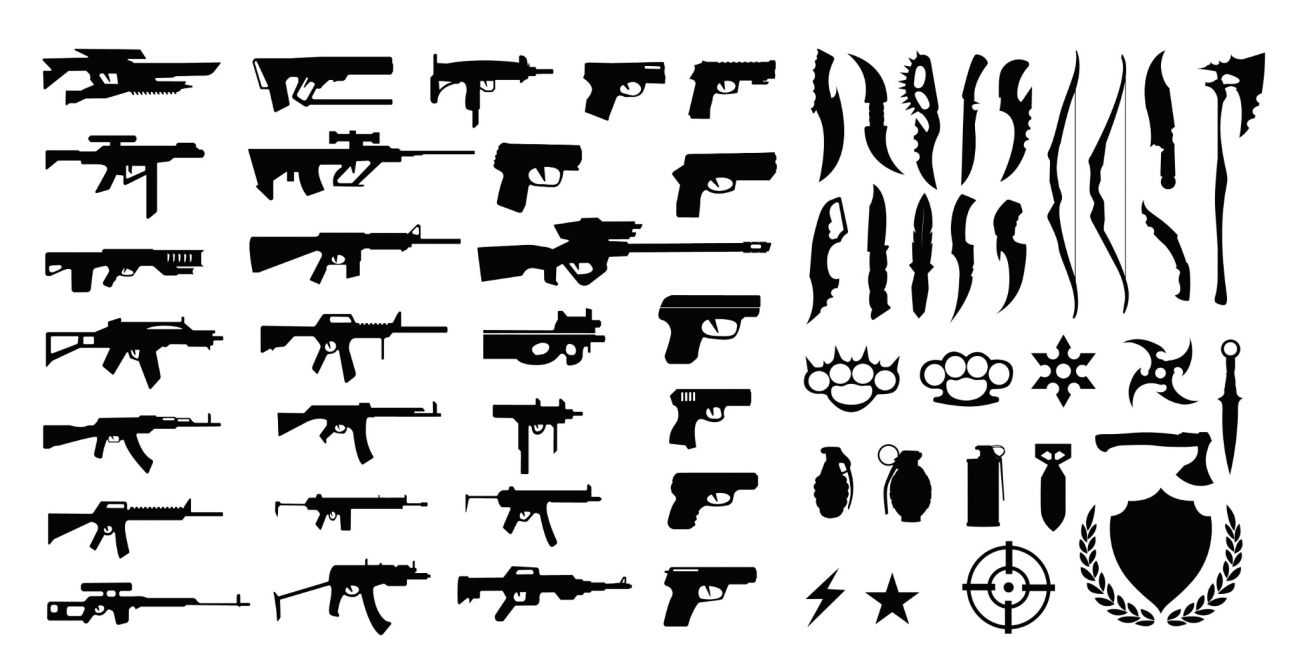2021
What Constitutes A Weapon In An Assault Case In Canada?

Pardon the pun, but this can be a loaded question. The definition of a weapon for the purposes of an assault is wide-ranging and variable. An object that is not normally considered a weapon may be judged to be a weapon—if there is specific intent involved. According to Section 2 of the Criminal Code of Canda, the definition of weapon is:
anything used, designed to be used or intended for use
(a) in causing death or injury to any person, or
(b) for the purpose of threatening or intimidating any person
(including firearms . . . [and] anything used, designed to be used or intended for use in binding or tying up a person against their will)
As court cases over the years have demonstrated, almost anything can be used as a weapon if the purpose is to intimidate, threaten, injure, or murder someone. Besides guns, knives, and bats, there have been a long list of unusual “improvised” weapons witnessed in court.
The definition of a weapon is important to determine for charges that fall under sections 88, 267, and 272 of the Criminal Code. These offences are outlined in increasing severity. Section 88 pertains to “possession of weapon for dangerous purpose” and covers cases where a weapon and intent are both found—but no assault has yet taken place. Section 267 refers to “assault with a weapon or causing bodily harm,” and Section 272 details “sexual assault with a weapon, threats to a third party or causing bodily harm.”
Essentially, any object wielded with a malicious purpose towards another can be classified as a weapon. For a charge to be filed under Section 88, 267, or 272, it must be established that a weapon was either used or threatened—otherwise, it would fall under a different, lesser charge.
Gagan Nahal is a criminal defence lawyer based in Surrey, British Columbia, although he has represented clients across Canada. He works vigorously and tirelessly defending his clients.
If you have any questions about this article or you would like to talk to Mr. Nahal, please call him directly at (604) 527-4769.
Criminal Code of Canada:
https://laws-lois.justice.gc.ca/eng/acts/c-46/FullText.html

